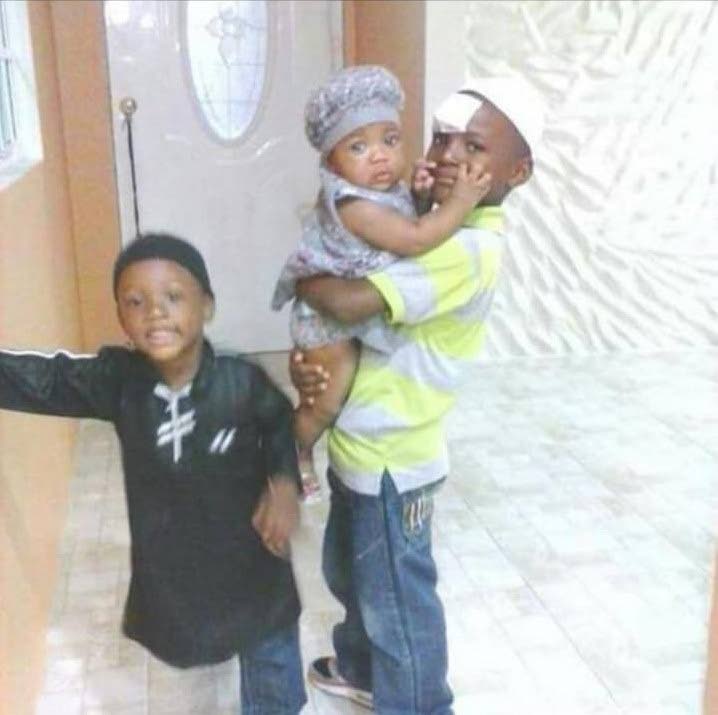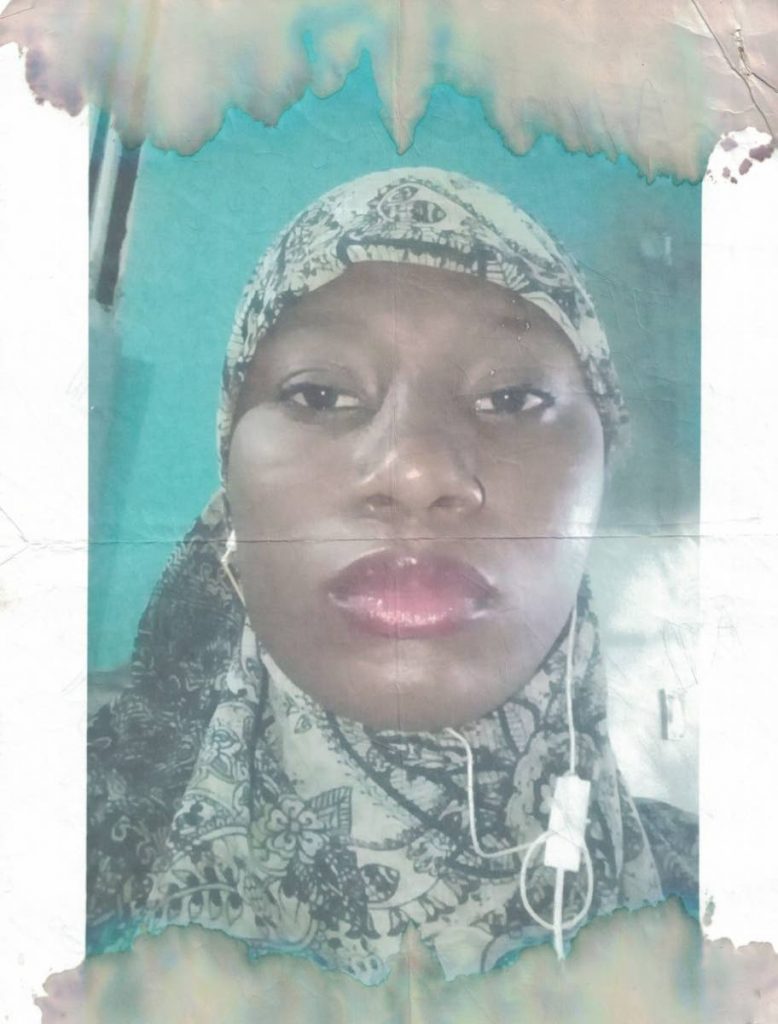Kidnapped boys stranded in Syria

As Trinidad celebrated Christmas, two young boys from Petit Valley slept in tents 6,000 miles away in a squalid camp in northern Syria.
The last time seven-year-old Ayyub Ferreira saw Trinidad he had just turned three. His 11-year-old brother Mahmud was a seven-year-old boy enjoying school and practising the cricket strokes of his hero Gary Sobers.
In June 2014, a day after Ayyub’s third birthday, their father kidnapped the siblings and took them to Syria where he joined ISIS.
Four years on, and over a year since the so-called Islamic State caliphate was smashed by coalition forces, their mother is still waiting for their return.

“I feel robbed,” Felicia Perkins-Ferreira told Sunday Newsday, after agreeing to be interviewed in a bid to persuade the Trinidad government to bring them home. “Do you know how hard it is to get up and go about your day when you feel so empty inside?”
The 29-year-old former civil servant had treated the boys to a day at the beach when their father collected them, saying he was taking them to his mother’s house.
“He told them, tell your mother you love her. They hugged me, and they left.”
The next day, they didn’t return. All calls to his phone went straight to voicemail. Perkins-Ferreira had the first of many panic attacks that have become a regular feature of her life.
It was four months until she heard news of them when her ex-husband called from the ISIS-stronghold Raqqa.
“He didn’t say where he was. He gave no explanation. He let me talk to the boys and when I’d done talking I asked why he’d done it, but he cut the line,” she says.
In the years since they were taken, Perkins-Ferreira never received that explanation from her husband, Abebe Oboi Ferreira. She has been left to put the pieces together herself.
“When his brother died he was lost. His stepfather died too. He didn’t know what to do.”

Oboi left for the Rio Claro mosque community of imam Nazim Mohammed. Nothing about his behaviour, Perkins-Ferreira says, alerted her to any radicalisation.
“If anything, he became a better husband than when we first married.”
The pair met as children attending the Islamic Resource Society mosque in Port of Spain. They married at 17 and had Mahmud at 18. The couple later divorced, then remarried. Oboi is presumed dead or imprisoned. When Raqqa was liberated, he told the Belgian woman he’d married there to take the boys to Turkey, but she left them by a roadside where they were picked up and taken to Roj camp.
It is not just Mahmud and Ayyub who remain abandoned in Syria by the international community. Children from the UK, France, Germany and other countries are also in Roj. Initially used as a site for displaced Syrians, it is now run by Kurdish forces as a holding camp. The Kurds are keen to repatriate families, given the threat of renewed fighting following the announcement of US troops’ withdrawal from Syria.

Trinidad authorities have been aware of Mahmud and Ayyub’s predicament for nearly a year. In February, the Red Cross contacted their mother. Soon after, a TT Police Service special branch officer spoke to her about the support they would receive when they returned. Since then, despite the officer attending several meetings with the Ministry of National Security, Perkins-Ferreira has been left in limbo.
Only the human rights organisation Reprieve has taken steps to reunite the boys with their mother.
Their lawyer Clive Stafford Smith told Sunday Newsday, “We urgently need the PM’s assistance in providing passports. If Trinidad doesn’t have resources for more, we will do the rest.”
At a PNM raffle on Christmas Eve, Dr Keith Rowley said Trinidad lacked the “machinery to bring people back” and depends on the international community – whose response has been painfully slow.
“The boys used to sleep on top of me,” says Perkins-Ferreira amid the laughter and music of the mall where she met with Sunday Newsday. “It’s the most peaceful sleep knowing the people you love are around you.”
In the years since their abduction, peaceful sleep has evaded her, and her sons.


Comments
"Kidnapped boys stranded in Syria"